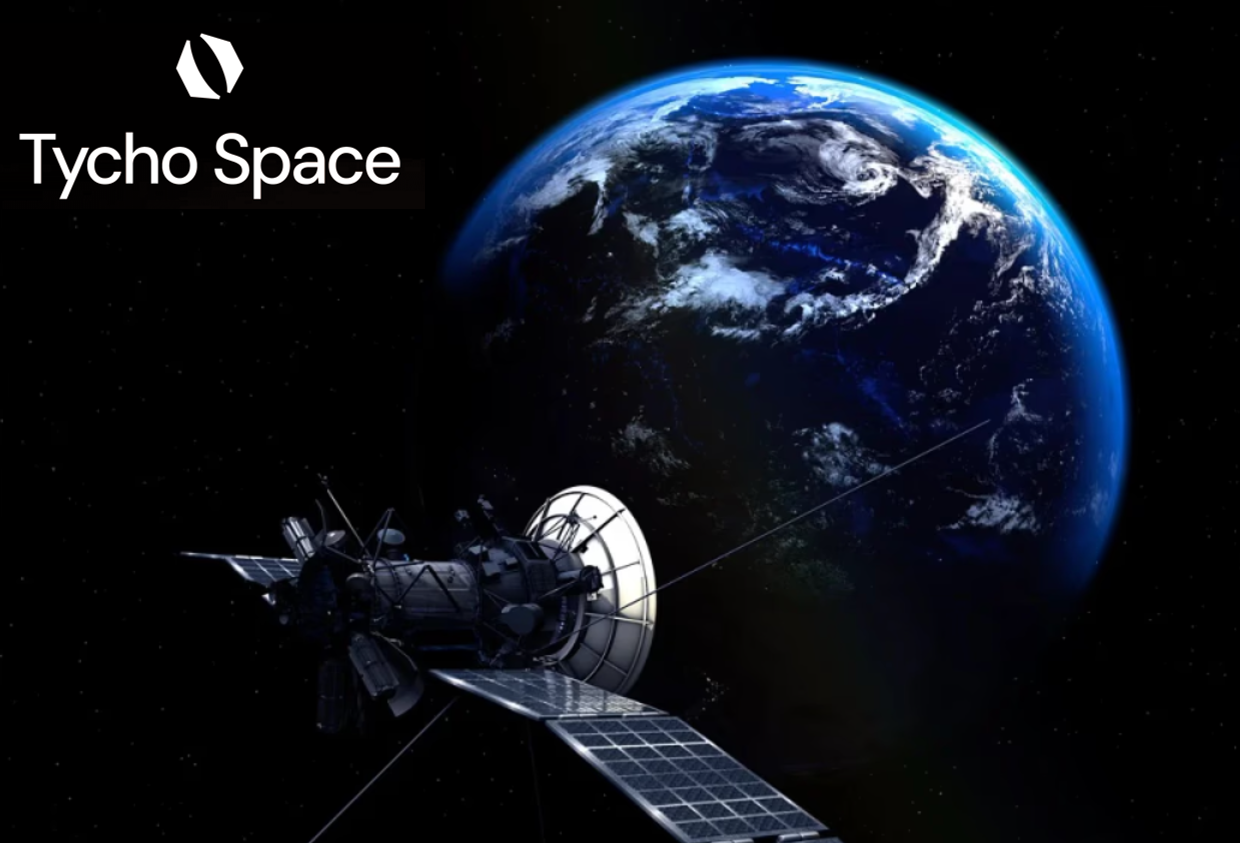Arctic Phi-Lab Selects Tycho Space Technologies’ “COTS-based Radiation-Tolerant Payload Data Processor” for Groundbreaking R&D
Tycho Space Technologies AS, a Trondheim-based innovator in satellite computing, is proud to announce that its project, “COTS-based radiation-tolerant payload data processor,” has been accepted to the prestigious Arctic Phi-Lab program. This milestone marks a significant step toward democratizing advanced onboard data processing for satellites operating in the harshest environments.
Project Overview
The selected project aims to advance TychoBoB—a compact, low-cost, reprogrammable onboard computer for small satellites—by significantly enhancing its radiation tolerance, system reliability, and in-orbit evaluation capabilities. The initiative is a collaboration with the University of Oslo (UiO), VAKE, and S&T, with the first demonstration planned for the UiO CENSSAT-1 satellite mission, launching in 2027.
Why It Matters
Current satellite missions in polar and high-radiation environments face a stark choice: use expensive, radiation-hardened computers or accept limited uptime and data quality. Tycho’s solution bridges this gap by combining the affordability of commercial off-the-shelf (COTS) hardware with advanced fault tolerance and developer flexibility. The result is a platform that enables reliable, high-uptime computing for government, research, and commercial missions—at a fraction of the traditional cost.
Key Innovations
- Radiation-Tolerant Architecture: The project leverages the Kria K26 System-on-Module, introducing a dual-layer fault-tolerant design using both real-time and programmable logic subsystems. This architecture is designed to withstand high solar activity and maintain continuous operation, even during severe space weather events.
- “Lab in Space” Service: TychoBoB will support real-time, in-orbit evaluation of AI and data processing algorithms, allowing users to test and validate their solutions under actual radiation exposure. This is a novel service, opening new possibilities for rapid innovation and deployment in space.
- Adaptive Sampling: The platform will enable autonomous, sensor-driven decision-making—critical for missions observing dynamic phenomena like auroras, ship movement, and ice changes in the Arctic.
Societal and Commercial Impact
By lowering the cost and complexity of radiation-tolerant onboard processing, TychoBoB expands access to advanced satellite capabilities for a wider range of users. This has direct benefits for Arctic surveillance, environmental monitoring, and governmental applications requiring robust data integrity. The project’s success will help position Norway and Europe at the forefront of space-based edge computing.
Strong Ecosystem Support
The project is backed by letters of intent and support from leading organizations, including the University of Oslo, VAKE, Kongsberg Defence & Aerospace, and Space Norway. These partners recognize the transformative potential of Tycho’s technology for future satellite missions and commercial applications.
About Tycho Space Technologies AS
Tycho Space Technologies AS develops plug-and-play edge computers for space, focusing on making in-orbit processing accessible, customizable, and mission-ready. Founded in 2022 and headquartered in Trondheim, Norway, Tycho collaborates with leading research institutes and industry partners to deliver robust, user-focused solutions for satellite developers and operators. The company’s flagship product, TychoBoB, is a modular, Linux-based edge computer designed for low Earth orbit (LEO) missions and beyond.
Tycho’s mission is to simplify edge computing in space, accelerating innovation and enabling new mission profiles for government, research, and commercial customers.
